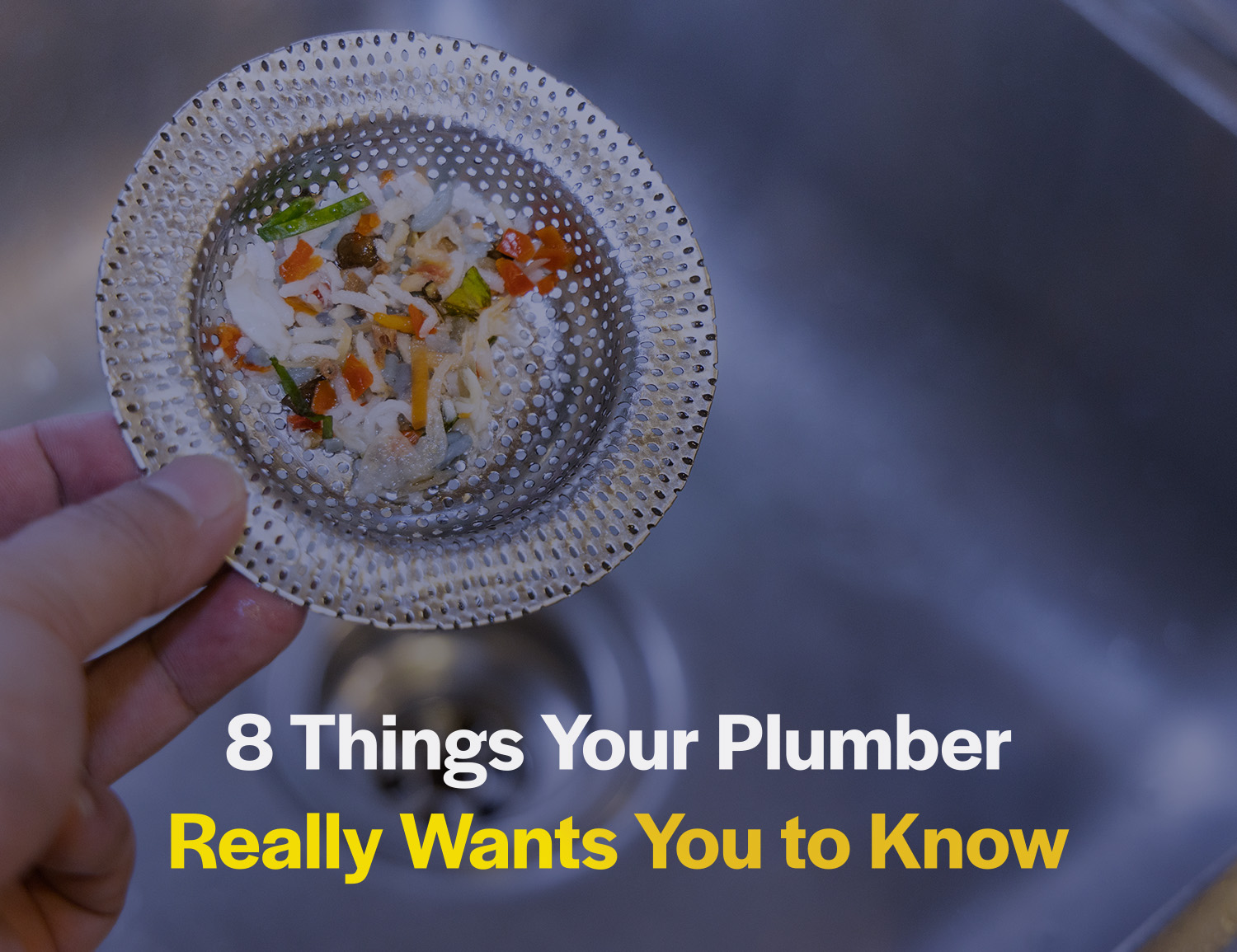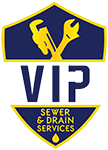
While often called in times of crisis – cracked pipes flooding your newly renovated basement, a toilet regurgitating foul waste all over your guest bathroom or simply, a sudden absence of water across all your fixtures – we plumbers really wish you had picked up the phone to call much sooner. Not every emergency can indeed be prevented, every time. However, many, with good maintenance and just a little more basic plumbing knowledge, can be completely avoided.
To appreciate the work of plumbers, it’s essential to have a basic understanding of how plumbing systems function. Your home’s plumbing is a network of pipes, valves, fixtures, and appliances designed to supply water, distribute it throughout the house, and remove wastewater. Sounds simple enough. But because these tunnels of pipes branch out underneath your home, they are often forgotten and neglected. Though it is a plumber’s responsibility to fix leaky pipes and unclog backed-up drains, your plumbing system is much more complex and there are certain things your plumber really, really, really wants you to know about how to maintain this system to save yourself time, money and a serious headache in the future.
1. Your Drains Deserve Respect.
Your plumber wants you to be mindful of what goes down the drain and toilet. Flushing items like wipes, sanitary products, and excessive amounts of toilet paper can lead to clogs and sewer backups. Even products that claim to be flushable, are better off in the trash bin. Stick to flushing only toilet paper and human waste to keep your plumbing in top shape.
On the other hand – grease and food scraps are a common cause of clogged kitchen drains. Use drain screens to catch debris, avoid pouring grease down the sink, and dispose of food waste in the trash or compost. Even if your kitchen is equipped with a garbage disposal, be mindful that the blades in your garbage disposal are actually not as sharp as you may think and therefore you really should mind what you put in your disposal. Grease and oil, stringy foods such as banana peels, celery, pumpkin, bones, coffee grounds, egg shells, fruit pits or past should not go anywhere near your disposal.
2. Preventative Maintenance Matters.
Regularly inspecting and maintaining your plumbing system can catch issues before they escalate into costly repairs. While regular plumbing inspections may seem like an unnecessary expense, they can save you money in the long run. Identifying and addressing potential issues before they become emergencies can prevent costly repairs and water damage to your home. Even simple tasks like checking for leaks, cleaning drains, and inspecting water heaters can go a long way in preventing major problems.
If you live in an area with cold winters, preparing your plumbing system for the harsh months helps prevent frozen pipes that can burst, causing extensive damage. Insulate exposed pipes, disconnect outdoor hoses, and consider using heat tape to prevent freezing. Following a good plumbing maintenance plan will keep your plumbing system running efficiently all year long.
3. Don’t Ignore Small Leaks.
It’s easy to dismiss a small leak as insignificant, but your plumber knows that even minor leaks can escalate into major problems. Over time, persistent leaks can lead to water damage, mold growth, and increased utility bills. Address leaks promptly to avoid costly repairs and maintain the integrity of your plumbing system.
4. Be Aware of the Dangers of DIY Plumbing.
While it’s tempting to tackle plumbing issues yourself, your plumber would advise against it in many cases. DIY repairs often lead to more significant problems, and without proper knowledge and tools, you may end up causing more damage. It’s crucial to know your limits and when to call in a professional.
5. Invest in Quality Plumbing Fixtures.
Cheap fixtures might seem like a good deal initially, but your plumber wishes you understood the value of investing in quality products. High-quality faucets, pipes, and appliances not only last longer but also function more efficiently, saving you money in the long run. Plumbing systems as well as certain fixtures, all have a lifespan. If your pipes are aging, corroded, or frequently requiring repairs, it may be more cost-effective in the long run to invest in new plumbing infrastructure.
Speaking of good investments, there are certain emergency plumbing tools every household should have. Such as a good-quality plunger. It’s a simple tool that can quickly resolve minor clogs, saving you from calling a plumber for a small issue.
6. The Importance of Water Pressure.
Proper water pressure is vital for the efficient operation of your plumbing system. Low pressure can indicate a leak or blockage, while high pressure can strain pipes and appliances, leading to premature failure. Regularly check and monitor your water pressure to catch potential issues early.
7. Don’t Neglect Your Water Heater.
Your water heater works extra hard to supply warm water so it’s important to make sure it’s working optimally. But many neglect to pay it any attention until the warm water suddenly vanishes. To help your water heater, it’s a good idea to keep the dial temperature at no higher than 120 degrees Fahrenheit and flush out the sediment that gathers in water heaters over time.
8. How to Prepare for a Plumbing Emergency.
Your plumber wants you to be prepared for plumbing emergencies. Knowing the location of shut-off valves, having basic plumbing tools, and having the contact information for a reliable emergency plumber can make a significant difference when time is of the essence. When you do encounter a plumbing issue, effective communication with your plumber is crucial. Provide as much detail as possible about the problem, and don’t hesitate to ask questions. Clear communication ensures that the plumber can diagnose and fix the issue more efficiently.
Understanding the fundamentals of plumbing, practicing preventative maintenance, and being mindful of what goes down your drains are all crucial aspects of maintaining a healthy plumbing system. By following your plumber’s advice, you can save money, prevent emergencies, and foster a long and efficient life for your home’s plumbing. Remember, a little knowledge and proactive care can go a long way in ensuring that your plumbing system remains in top-notch condition. However, as me mentioned earlier not every emergency can be prevented and for those situations, here at VIP Sewer and Drain Services, we’re ready to assist you 24/7.



